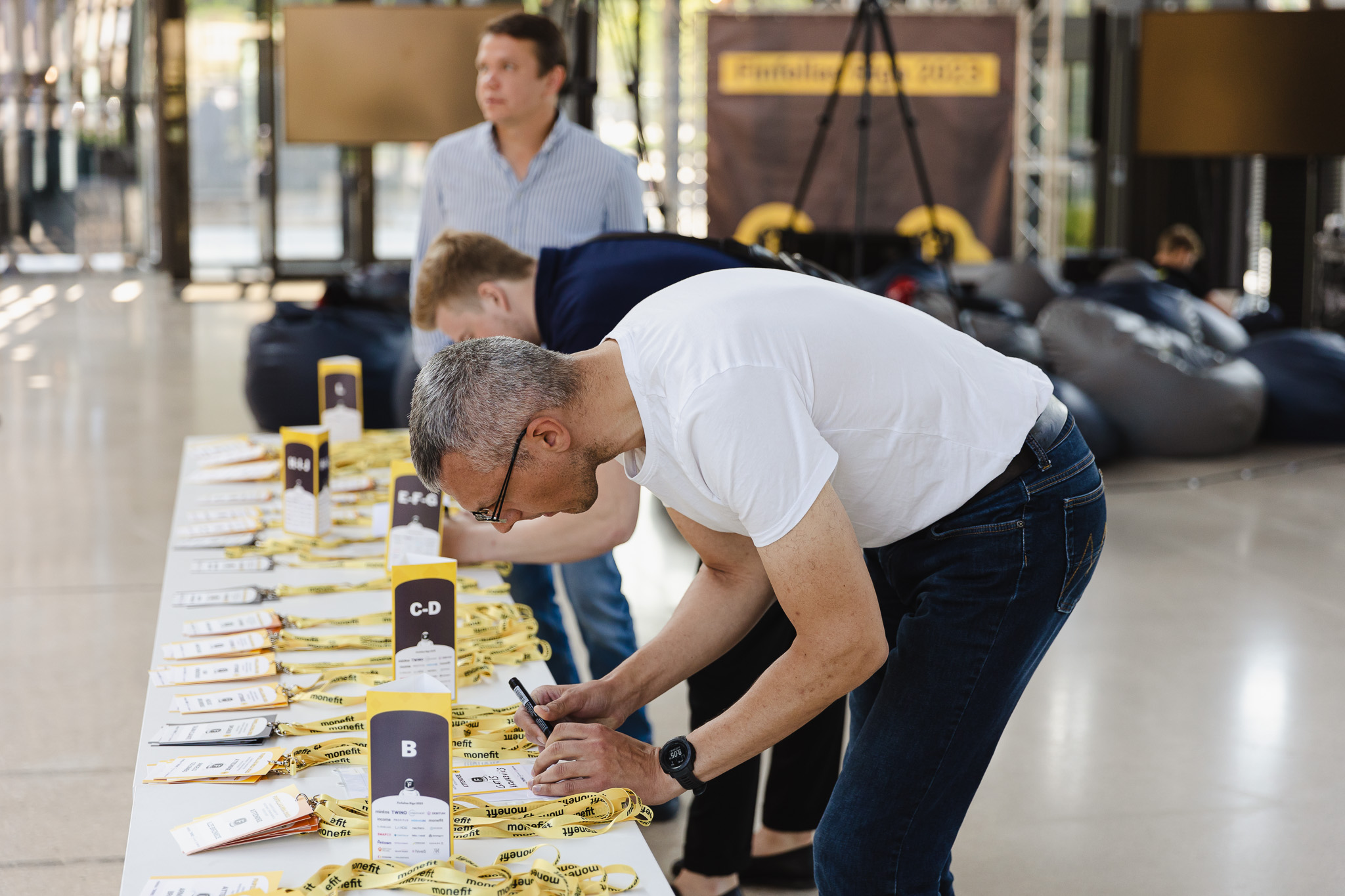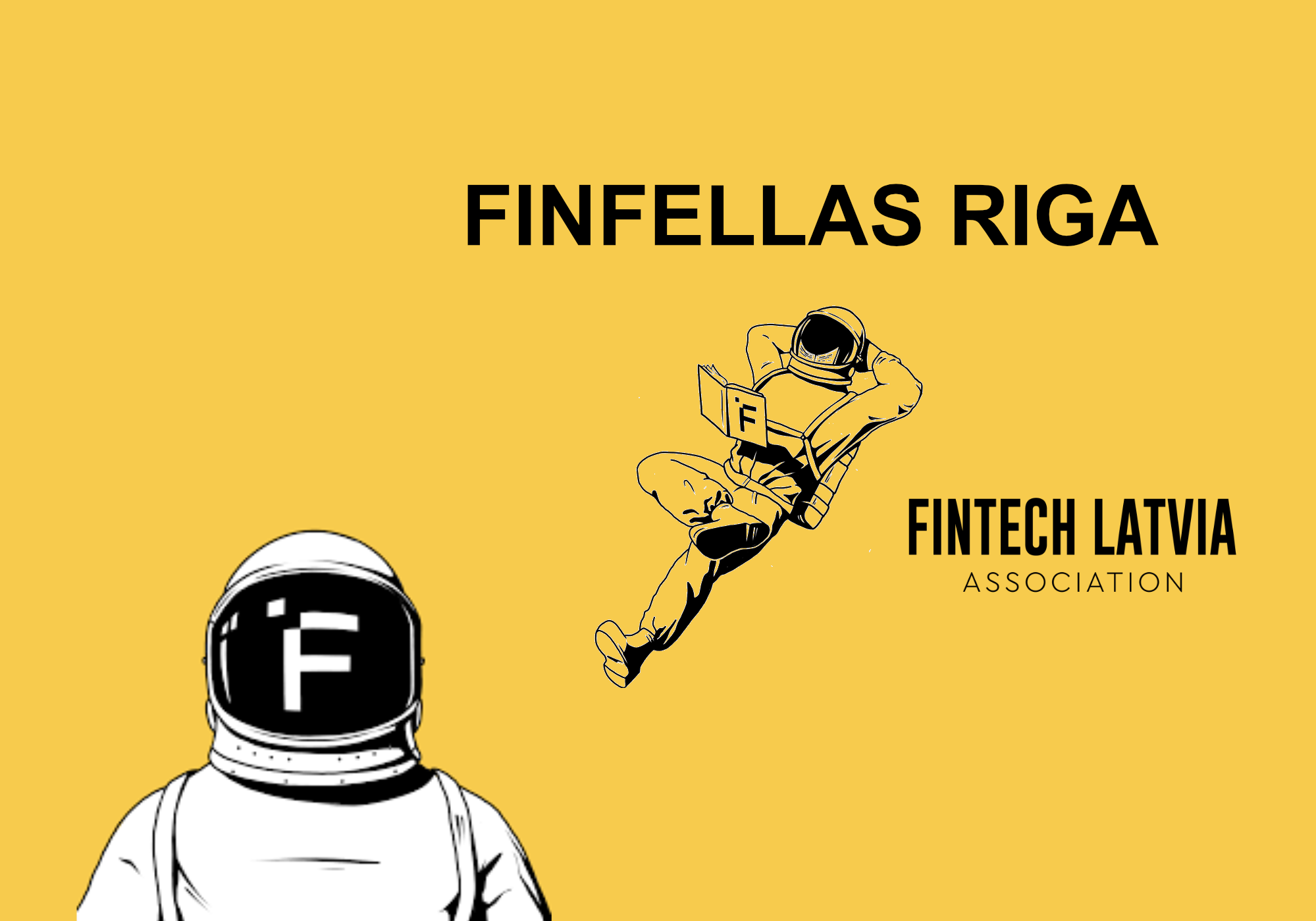At Finfellas Riga 2023, Ecolibero attended as an observer and contributor, gaining key insights to drive product innovation for our clients. Focused on the latest peer-to-peer (P2P) investing trends, we identified five competitive areas shaping the future of the industry. Here’s how these insights informed our strategic approach to support clients in developing fintech products, driving both growth and innovation:
1. Automation: “Self-Driving Money”
The shift towards automation in investing has emerged as a top discussion point. Investors are increasingly gravitating towards auto-invest features, which allow their money to work with minimal intervention. The future is clearly geared towards “self-driving money,” where investors define their preferences and let automation handle the rest.
Bondora, Mintos, and Monefit Smart Saver have all leveraged auto-invest features in alignment with this growing industry trend.
Ecolibero’s Response: We harnessed this trend to advise clients on refining their auto-invest tools by developing pre-determined “auto-invest portfolios” and deploying SQL-based tools for ongoing monitoring of investment efficiency and effectiveness opportunities. By emphasising data-driven decision-making, we facilitated adaptive strategies that align with market conditions, optimising asset allocation and mitigating cash drag. This approach not only resulted in millions of euros invested but also significantly enhanced investor satisfaction by delivering a service that meets current market demand.
2. Loan Originator Challenges: Liquidity & Diversification
Discussions surrounding Loan Originators’ (LO) challenges at Finfellas Riga 2023 emphasised the critical need for effective liquidity management and preparation for unpredictable events. The ability to diversify funding sources is crucial for long-term sustainability and risk mitigation within the peer-to-peer lending landscape. Economic literature supports this notion, indicating that robust management practices are essential for maintaining stability in financial institutions, particularly during turbulent times (IMF, 2019). A well-managed LO can better navigate financial crises, demonstrating resilience and adaptability—qualities vital for fostering investor confidence and safeguarding against economic shocks.
Conclusion: Ecolibero’s response centred on the recognition of management as a pivotal stabilising force within Loan Originators (LOs). By collaborating with our clients, we strategically promoted the quality of their management teams from an investment standpoint. We employed a sociological lens, particularly the concept of social capital, which highlights the value of relationships and networks in fostering trust and cooperation within communities. By foregrounding borrowers in this narrative, we not only enhanced awareness of the LO business model but also cultivated resilience in tolerating risks, such as delays, thereby driving better-managed investor expectations. This emphasis on the human element in peer-to-peer lending allowed us to distinguish this model from the impersonal nature of traditional financial products like term deposits. Ultimately, this approach resulted in stronger relationships with investors, increased confidence in the platforms, and a more supportive environment for sustainable growth in the peer-to-peer lending sector.


3. Sustainable Returns, Risks and Defaults
Risk management and defaults were heavily emphasised during the conference. Due diligence, transparent assessments and thorough background checks of LOs were key strategies for reducing risks and protecting investor returns.
Ecolibero’s Response: In light of the critical focus on risk management and defaults at the conference, Ecolibero collaborated with clients to enhance the onboarding process for Loan Originators (LOs) through robust due diligence frameworks. Recognising the significance of embeddedness, as articulated by Karl Polanyi, we encouraged platforms to establish fee structures that motivate LOs to implement comprehensive risk management strategies. These strategies leverage data science, fraud detection, and business intelligence systems, all aimed at minimising Non-Performing Loans (NPLs). For instance, Quickcheck has successfully employed similar techniques to effectively assess creditworthiness, exemplifying the importance of intertwining economic practices with social considerations to foster a more stable financial ecosystem.
This approach not only addresses the immediate need for effective risk management but also underscores the broader implications of market activities being shaped by social relationships and institutional frameworks, as emphasised by Polanyi (1944). By fostering a collaborative environment, we aim to promote sustainable growth within the peer-to-peer lending landscape, balancing economic objectives with the social realities that underpin them.

4. Regulatory Changes: Moving P2P to the Mainstream
The importance of regulation emerged as a central theme during the conference, with new regulatory measures, particularly the European Crowdfunding Service Provider (ECSP) licence, playing a pivotal role in legitimising the peer-to-peer (P2P) industry. The involvement of regulators, especially Central Banks, was viewed favourably by competitive P2P platforms, which recognise that the presence of ‘bad actors’ has tarnished the industry’s reputation. A cohesive regulatory framework is increasingly essential for platforms aspiring for mainstream success and is seen as a means to enhance trust among investors and borrowers alike.
In response to the evolving regulatory landscape, Ecolibero supported clients in navigating compliance complexities, including the implementation of the European Crowdfunding Service Provider (ECSP) requirements, even for those not directly affected. We adopted a unique approach to re-onboarding investors by educating them about ECSP mandates, fostering risk awareness and emphasising the importance of limiting investments to no more than 10% of their net worth in crowdfunding projects. This educational initiative not only aligns with change management principles but also cultivates a community of well-informed investors. Additionally, we promoted the value of Anti-Money Laundering (AML) and Know Your Customer (KYC) training, along with compliance with GDPR. Furthermore, we fostered connections by networking with legal professionals and facilitating collaboration between key stakeholders and the Fintech Latvia Association. These efforts enhanced our clients’ compliance frameworks and bolstered their reputations in a regulated environment, setting the stage for successful mainstream expansion.
5. Emerging Markets: Seizing Untapped Opportunities
Emerging markets in Europe, Asia, and Africa are increasingly recognised for their rapid growth and significant investment potential. For investors, the focus extends beyond mere GDP per capita; it also encompasses the host countries’ attitudes toward foreign investment. A prime example of this is India, where the Central Bank has enacted reforms aimed at creating a more favourable environment for foreign investments, reflecting a commitment to fostering economic growth. However, a critical challenge for platforms in Europe is effectively marketing LOs in these countries as real opportunities to potential investors.
In response to the evolving landscape of emerging markets, Ecolibero advised clients on marketing these regions as viable, untapped resources, particularly highlighting Romania’s potential. Insights from various reports, including the World Bank’s analysis, emphasise the critical need for strategic reforms to enhance investment attractiveness in Romania, a country that has made significant strides in improving its economic environment. Additionally, as we drive investments towards opportunities in emerging markets, we leverage data analytics to identify clients most likely to be familiar with these opportunities. By examining demographics, languages, nationalities and other relevant factors, we help platforms effectively target the right investors. This strategic approach empowers our clients to seize opportunities for growth and innovation in an increasingly competitive global landscape.

Conclusion
The insights from Finfellas Riga 2023 were instrumental in shaping the product changes we helped implement for our clients at Ecolibero. By focusing on automation, mitigating Loan Originator challenges, enhancing risk management, navigating regulations, and expanding into emerging markets, Ecolibero enabled its clients to remain competitive in the evolving peer-to-peer investing space.
Unlock your platform’s growth potential—book a free consultation with Ecolibero today to discover tailored strategies that can elevate your investment outcomes.

